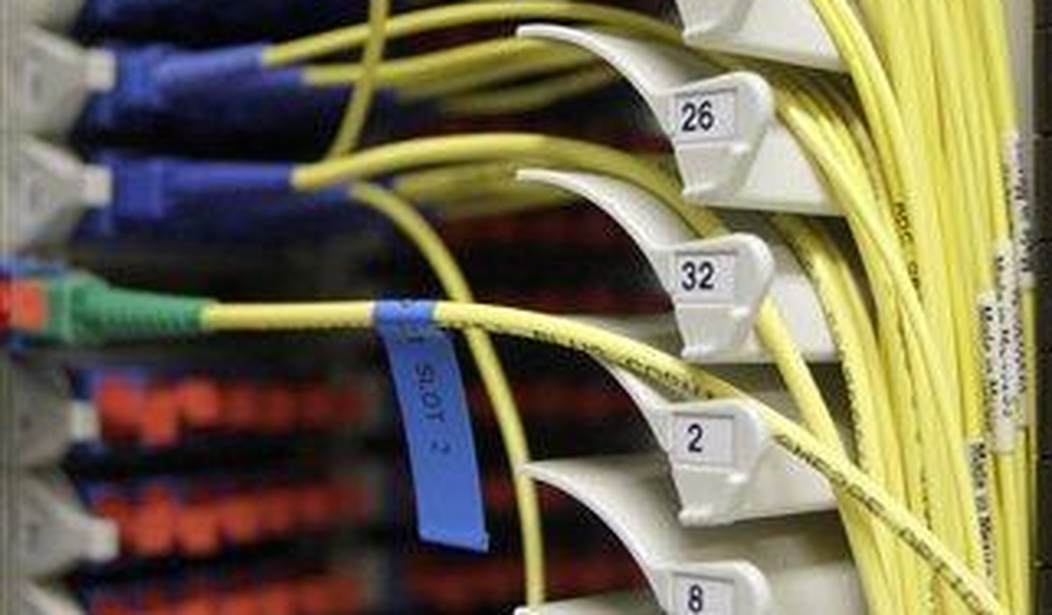Despite calls from many observers (including the Taxpayers Protection Alliance) to do so, the National Telecommunications and Information Administration (NTIA) decided to not push back its January 13 deadline for states to challenge the accuracy of the national broadband map.
The January 13 date was established for states to provide feedback about discrepancies in the Federal Communications Commission’s (FCC) map for the purposes of funding from the Broadband Equity, Access and Deployment (BEAD) program. NTIA published a blog the date of the deadline, putting its foot down on its stance. The administration reiterated its June 30 date for allocating BEAD funding to each state and territory, and emphasized it needed to keep that January 13 deadline to ensure that goal is met.
The NTIA said that since the map was released in November, it has held one-on-one sessions with dozens of states and territories and their broadband offices, as well as engaged with more than a dozen advocacy organizations to discuss how to submit challenges.
The post noted that while the NTIA has received requests to delay the timeline from some states and other stakeholders, other states told the administration it should keep its deadline so they can begin developing their plans and subgrant programs as quickly as possible.
“Unfortunately, a delay in the timeline would mean a delay in providing funding to communities who desperately need it, and it will not address many of the process concerns we have heard,” the post said. “Every day we delay is another day that communities are not connected. We feel the urgency to getting this funding out the door so it can be put to work for everyone in America.”
Broadband Breakfast reported that the blog post came one month after NTIA Director Alan Davidson said at the Institute on Telecommunications Policy and Regulation annual conference that the rapidly approaching deadline made him “incredibly uncomfortable.” Davidson said some states appeared to be under-resourced to quickly formulate their challenges to the map.
Recommended
In maintaining its deadline, the NTIA ignored the issues highlighted in a recent report from the Congressional Research Service (CRS), which pointed out the map might not be sufficiently corrected before it is used to help determine which locations in the U.S. will get a slice of the $42.5 billion in BEAD grants.
CRS noted some concerns that had been raised across the country, including understaffed broadband offices, confidential mapping data of third-party vendors and likely legal battles over whether certain areas are truly unserved. The report said that “the map’s accuracy, timeliness and fairness…may be of continued concern to the 118th Congress,” suggesting that Congress could mandate an extension of the challenge process timeline for BEAD money allocation. Although some members of Congress have raised concerns about the deadline, there has so far been no movement to change the status quo.
Sen. Roger Marshall (R-Kan.) sent a letter to Davidson on January 10 that called for a 90-day delay on the challenge process, calling that deadline “too aggressive” and arguing that “our highest priority through this entire process should be the accuracy of the maps.”
The FCC has reported more than 1 million challenges to the data in the map. When the commission first revealed the map in November, Chairwoman Jessica Rosenworcel called the document a “pre-production draft” and she anticipated many changes to it.
“Releasing this early version of the new maps is intended to kickstart an ongoing, iterative process where we are consistently adding new data to improve and refine the maps,” she said.
Despite reiterating the now-passed January 13 date in its blog post, NTIA encouraged states and other stakeholders to continue to submit challenges to the map, calling it “a living document.”
“Both NTIA and the FCC are committed to iteratively improving the National Broadband Map,” the post said. “As we drive toward June 30, we will continue to partner with states and the FCC to improve the accuracy of both the location and availability data so that the map includes as much data as possible when we allocate funds.”
NTIA should have heeded the many concerns about the small window of time in which challenges could be submitted to help determine allocation of the billions of dollars in taxpayer funding for broadband. Now, it is time for Congress to step in and force the administration’s hand.
Johnny Kampis is director of telecom policy for the Taxpayers Protection Alliance.
























Join the conversation as a VIP Member